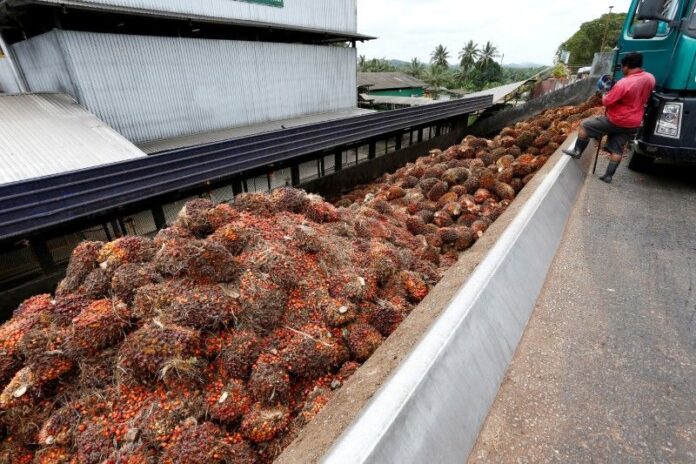KUALA LUMPUR: Malaysia is talking to the Indian government and trade officials in a bid to resolve concerns over New Delhi’s new palm oil import restrictions, a minister in Kuala Lumpur said on Thursday amid a trade spat between the countries.
India’s Hindu nationalist government has repeatedly objected to Malaysian Prime Minister Mahathir Mohamad speaking out against recent policies which critics say discriminate against Muslims. Malaysia is a Muslim-majority nation.
India, the world’s biggest buyer of edible oils, last week placed curbs on imports of refined palm oil and has informally asked traders to stop importing all kinds of palm oil from Malaysia, the world’s second biggest producer and exporter of palm oil.
Reuters reported on Wednesday, citing sources, that New Delhi could also restrict imports of petroleum, aluminium ingots, liquefied natural gas, computer parts and microprocessors from Malaysia.
However, India’s Commerce Minister Piyush Goyal on Thursday said New Delhi had not imposed any curbs on imports from Malaysia and Turkey, and that the government was not contemplating any restrictions on the two countries.
“This year, we foresee more challenges in some of our major markets,” Teresa Kok, Malaysia’s primary industries minister who is in charge of palm oil, told an industry conference, referring to India’s new palm import rules.
Kok said the Indian high commissioner, the ambassador in Malaysia, was one of the people she was in touch with over the issue.
It is “important for us to engage with them further through diplomatic channels and stakeholders,” she told reporters on the sidelines of the event. “We will continue to engage.”
In some good news for Malaysian palm sellers, Bangladesh’s farm minister told Reuters his country was open to buying more from Malaysia if it offers competitive rates.





The real issue for a decline in Indian imports is the 36% rise in palm oil price. India isn’t shifting Palm oil purchases to other countries – it’s just buying cheaper oils from other places like Argentina. But it’s cleverly masking it’s poverty as power.